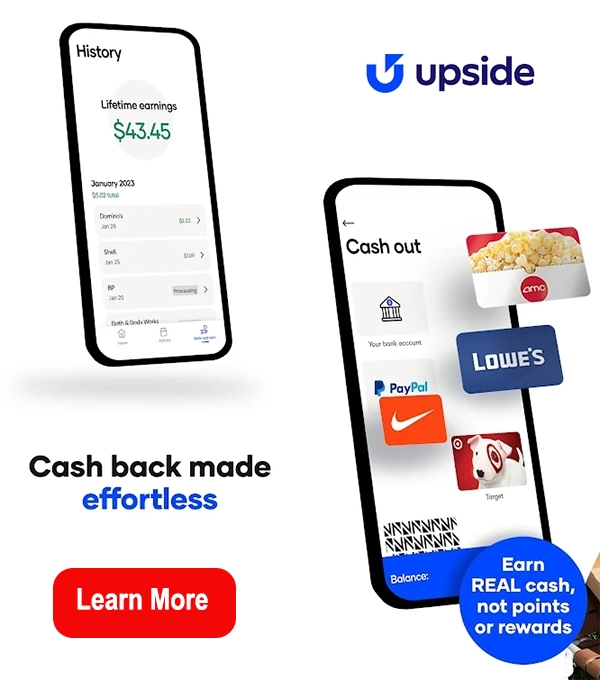How to Identify Ageism in a Prospective Employer: A Guide for Senior Applicants
As a senior applicant, it’s crucial to identify ageism in a prospective employer before accepting a job offer. Ageism can affect job satisfaction, career growth, and overall well-being. This guide will help you recognize signs of ageism during the job search process, enabling you to make informed decisions about potential employers.
1. Researching the Company
1.1 Company Website and Social Media
- Age Diversity in Visuals: Examine the company’s website and social media platforms. Look for images that showcase age diversity among employees.
- Language and Tone: Check for age-inclusive language. Phrases like “energetic team” or “young and dynamic environment” can be red flags.
1.2 Employee Reviews
- Review Sites: Visit websites like Glassdoor, Indeed, and LinkedIn to read reviews from current and former employees. Pay attention to comments about the treatment of older workers.
- Common Complaints: Look for recurring complaints about age discrimination, lack of opportunities for senior employees, or a youth-centric culture.
2. Job Listings and Descriptions
2.1 Age-Neutral Language
- Inclusive Phrases: Ensure job descriptions use age-neutral language that focuses on skills and experience rather than age. Avoid companies that emphasize “recent graduates” or “young professionals.”
2.2 Emphasis on Experience
- Valuing Experience: Look for job postings that value experience and expertise. Phrases like “minimum X years of experience” suggest that the company appreciates seasoned professionals.
3. The Application Process
3.1 Online Application Systems
- Age-Related Questions: Be cautious of application forms that require you to provide age-related information, such as graduation dates. This could indicate a potential bias.
3.2 Response Time and Feedback
- Prompt Communication: Notice how quickly the company responds to your application. Long delays or lack of response might indicate a bias against older applicants.
4. The Interview Process
4.1 Interview Questions
- Focus on Experience and Skills: Assess whether the interview questions focus on your skills, experience, and accomplishments rather than on your age or career stage.
- Inappropriate Questions: Be wary of questions about your age, retirement plans, or ability to keep up with younger colleagues. These are not only inappropriate but also illegal in many jurisdictions.
4.2 Interviewer’s Attitude
- Respect and Professionalism: Observe how the interviewers treat you. Are they respectful and professional, or do they seem dismissive or condescending?
4.3 Inclusion of Senior Employees in the Interview Process
- Diverse Interview Panel: Check if senior employees are part of the interview panel. This can indicate the company values age diversity and inclusivity.
5. Company Culture and Environment
5.1 Office Visit
- Age Diversity: If you visit the office, observe the age diversity among employees. A workforce that includes a range of ages suggests a more inclusive environment.
- Workspace Setup: Notice if the workspace is accommodating to older employees, with ergonomic furniture and accessible facilities.
5.2 Company Events and Activities
- Inclusivity in Events: Inquire about company events and social activities. Are they inclusive of all age groups, or do they primarily cater to younger employees?
6. Employee Benefits and Policies
6.1 Benefits Package
- Comprehensive Coverage: Evaluate the benefits package offered. Look for comprehensive health insurance, retirement plans, and other benefits that cater to the needs of older employees.
6.2 Flexible Work Arrangements
- Flexibility and Support: Check if the company offers flexible work arrangements, such as remote work, part-time options, or phased retirement plans.
7. Professional Development Opportunities
7.1 Training Programs
- Inclusive Training: Ensure the company provides training and development opportunities for employees of all ages. Companies that invest in the growth of their senior employees are less likely to be ageist.
7.2 Mentorship and Career Advancement
- Mentorship Programs: Look for mentorship programs that pair senior employees with younger ones, fostering a culture of mutual learning and respect.
- Career Progression: Ask about opportunities for career advancement and whether senior employees have access to these opportunities.
8. Direct Inquiry
8.1 Ask Direct Questions
- Company’s Approach to Diversity: During the interview, ask directly about the company’s approach to age diversity and how they support employees at different career stages.
- Examples and Policies: Request specific examples or policies that demonstrate the company’s commitment to age inclusivity.
8.2 Observe Reactions
- Interviewer’s Response: Pay attention to the interviewer’s reaction to your questions about age diversity. Positive, detailed responses are a good sign, while evasive or dismissive answers might indicate underlying issues.
Conclusion
Spotting ageism in a potential employer requires a keen eye and thorough research. By examining company materials, scrutinizing the application and interview processes, and asking direct questions, senior applicants can identify age-inclusive employers. Choosing a company that values experience and fosters an inclusive environment ensures a more fulfilling and supportive work experience. Remember, recognizing and addressing potential ageism early can lead to a more positive and rewarding career journey.





